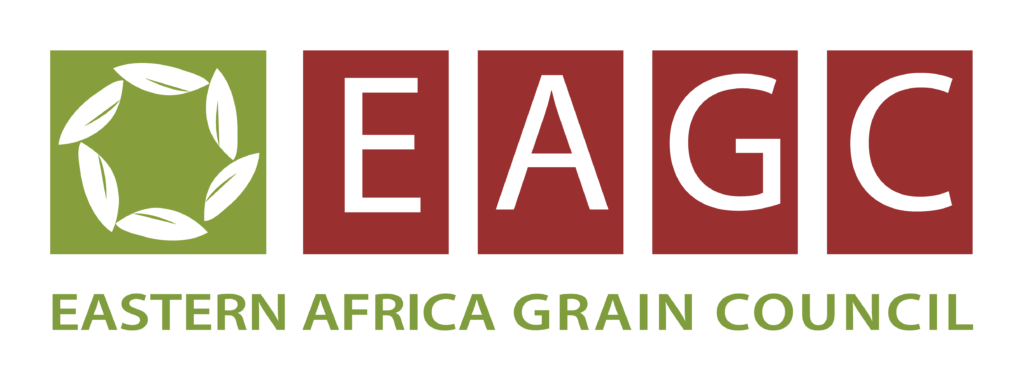[Nairobi, Kenya, 7th April 2022]. The Eastern Africa Grain Council (EAGC) has signed a Memorandum of Understanding (MoU) with EFKen Leasing Ltd (EFKen) to provide lease finance trade facilitation services to Micro, Small and Medium Enterprises (MSMEs) towards increased efficiency in food production for improved livelihoods and food secure nations.
Agricultural mechanization has the potential to transform Africa’s agriculture by helping farmers to intensify their businesses. However, mechanization levels remain very low across the continent. According to Africa Renewal, in 2019, Africa had an average of about 1-2tractors per every square kilometer in Rwanda to about 43 tractors per every square kilometer in South Africa, compared to developed countries, where India had 128 tractors while Brazil registered 116 tractors both per square kilometer. According to the World Bank report on Agribusiness Indicators for 2013, the degree of mechanization in Kenya is about 3 tractors per 1,000 hectares or 26.9 tractors per 100 square kilometers.
This is attributed to the fact that mechanization is capital intensive, requiring special financial products such as long-term capital, credits, or leasing arrangements, which is beyond small holder farmers and MSMEs. Nevertheless, where the small holder farmers access mechanization, they are required to go an extra mile to maximize the potential of the agricultural machines which if not maximized, compromises repayment plans and becomes a threat to profitability of the machines.
The MoU lays a foundation for collaboration along the agricultural value chain in promoting mechanization. The partnership will cut across financing, capacity building and training of the MSMEs. EAGC will sensitize its members among them millers, warehouse operators and farmers including Grain Trade Business Hubs (G-Hubs) that need mechanization for lease financing and trade facilitation. The arrangement will promote mechanization in the value chain for reduced costs, improved efficiency, increased quality standards, access to better markets and increased incomes for all actors.
To counter the problem, EFKen offers equipment finance to small scale farmers and SMEs targeting the agricultural value chain; production, logistics, processing and manufacturing sectors. Therefore, apart from farm equipment EFKen also finances, trucks, mills, storage facilities, refrigeration facilities, processing lines, dairy equipment, cane loaders, among others. EFKen has a unique financing approach that treats the leased equipment as collateral and needs no additional collateral requirement, contrary to the conventional approach used by other lending institutions. This approach addresses the pressing issue on collateral when borrowing, a major hindrance to financial access by small and medium enterprises. EFKen’s equipment financing solutions are structured to mirror the farmers cashflow/seasonality in production thereby easing the repayment of the equipment financed.
“We are pleased to partner with EAGC to support mechanization in the agricultural value chain, by enabling the MSMEs to access financing through our flexible terms and accommodating solutions that ease agricultural processes and improve output in terms of volume and value. We are interested in the economic well-being of our clients. Supporting them to mechanize their operations, results in improved incomes, job creation, poverty alleviation and food security to the economy as a whole. These are our key objectives as a company.” Said Ms. JudyAnne Wanjiku, MD, EFKen.
EAGC Executive Director, Gerald Masila noted that the partnership will provide access to agricultural financing which grain value chain actors struggle with yet very few service providers dare venture into. He further added that the partnership would complement EAGC’s role of structuring trading systems. “The partnership which will be implemented through the G-Hub Model, will seal the trade linkage gap of input services, which will improve output volumes and quantity, allowing smallholder farmers to aggregate their produce for collective sale to bulk volume buyers among them millers and warehouse operators.”
The MoU illustrates the potential that lies in agricultural financing, given the existing huge demand in the
market to access similar financial services. It will see farmers and other players in the value chain consequently adopting these services to improve agricultural production with efficiency and low costs.

